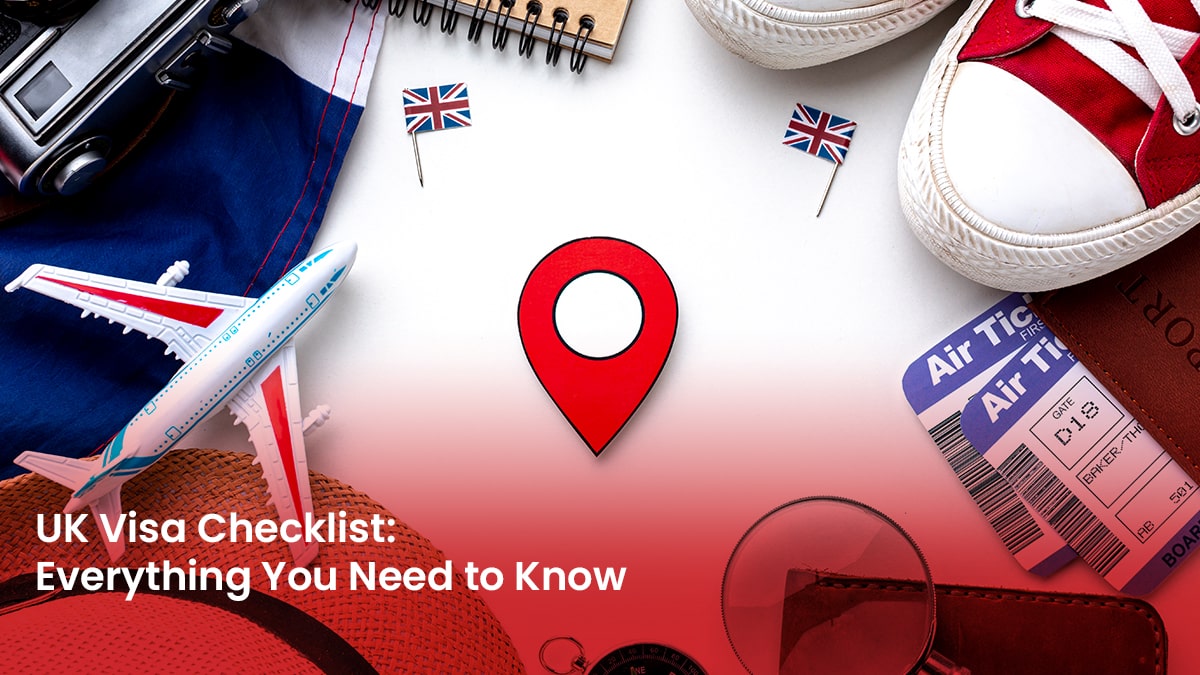The country is known for a lot of things, including its beautiful traditions, destinations, rich history, and culture. However, aside from those, Germany is also known as a bastion of innovation and research, a land of opportunities, and one of the lowest unemployment rates in Europe and the world’s largest economies.
No wonder, working in Germany has become an attractive option for many individuals, including its foreign students. In fact, in 2020, Pie News reported that 60% of foreign students in Germany want to stay in the country after they graduate due to the country’s inclusiveness towards them.
Read below to know everything about working in Germany after you graduate.
EU/EEA Graduates vs. Non-EU/EEA Graduates
The rules for getting employed in Germany differ between EU/EEA graduates and non-EU/EEA graduates. EU/EEA graduates have the same rights and are subject to the same rules and regulations as German graduates. Thus, after graduation, they can directly access the German labor market, plus, they are entitled to the same working conditions, and social and tax advantages. Moreover, EU/EEA graduates are not required to apply for a work permit.
On the other hand, non-EU/EEA graduates have to apply first for a residence permit as they near their graduation. They can already start looking for employment and apply for a residence permit as soon as they finish their final exams.
After getting their residence permit, and they still haven’t found a full-time job, they can take on whatever job they can, including freelance or part-time jobs to support themselves, while looking for a full-time job.
The needed requirements to apply for a residence permit include the following:
- Documentation showing you have graduated from a Germany University
- Passport and other personal IDs
- Proof of finance
- Health insurance documentation
What is an EU Blue Card?
For students able to find a full-time job the next step they should do is to apply for an EU Blue Card.
An EU Blue Card is like a leveled-up residence permit. It allows graduates to stay in Germany for a period of up to four years. Aside from getting a full-time job, graduates should also meet other prerequisites to be eligible for an EU Blue Card. Those prerequisites include:
- A university or college degree
- An employment contract, with a minimum of one-year
- A salary that pays at least EUR 56,800 per year, or
- A salary that pays at least EUR 44,304 per year in sectors that have a shortage of skilled workers
A German Proficiency Can Increase Your Chances of Getting a Job
Although Germany has made it easier for foreign students to access its study programs by offering many of them in English, it would still be useful if foreign students learn the German language while in the country. Aside from the advantage of using it in your daily conversation with people outside of the university, it can also help foreign students increase their chances of landing a job, and working in Germany, as the options won’t be limited to just English-speaking companies.
Learn more about Germany by checking out MSM Unify’s articles including topics on in-demand jobs and degrees in the country. If you want to know the highest paid degrees you can take in Germany, check out our article on this topic.












